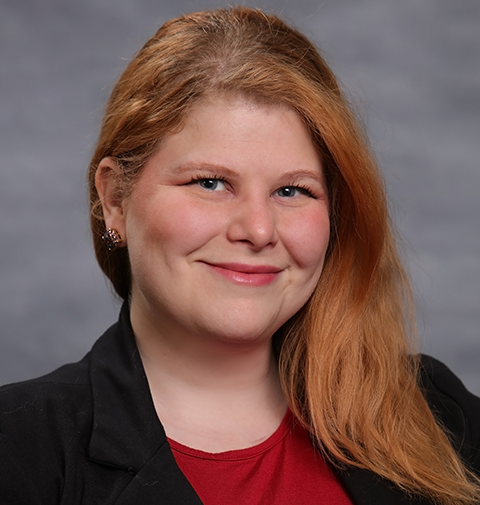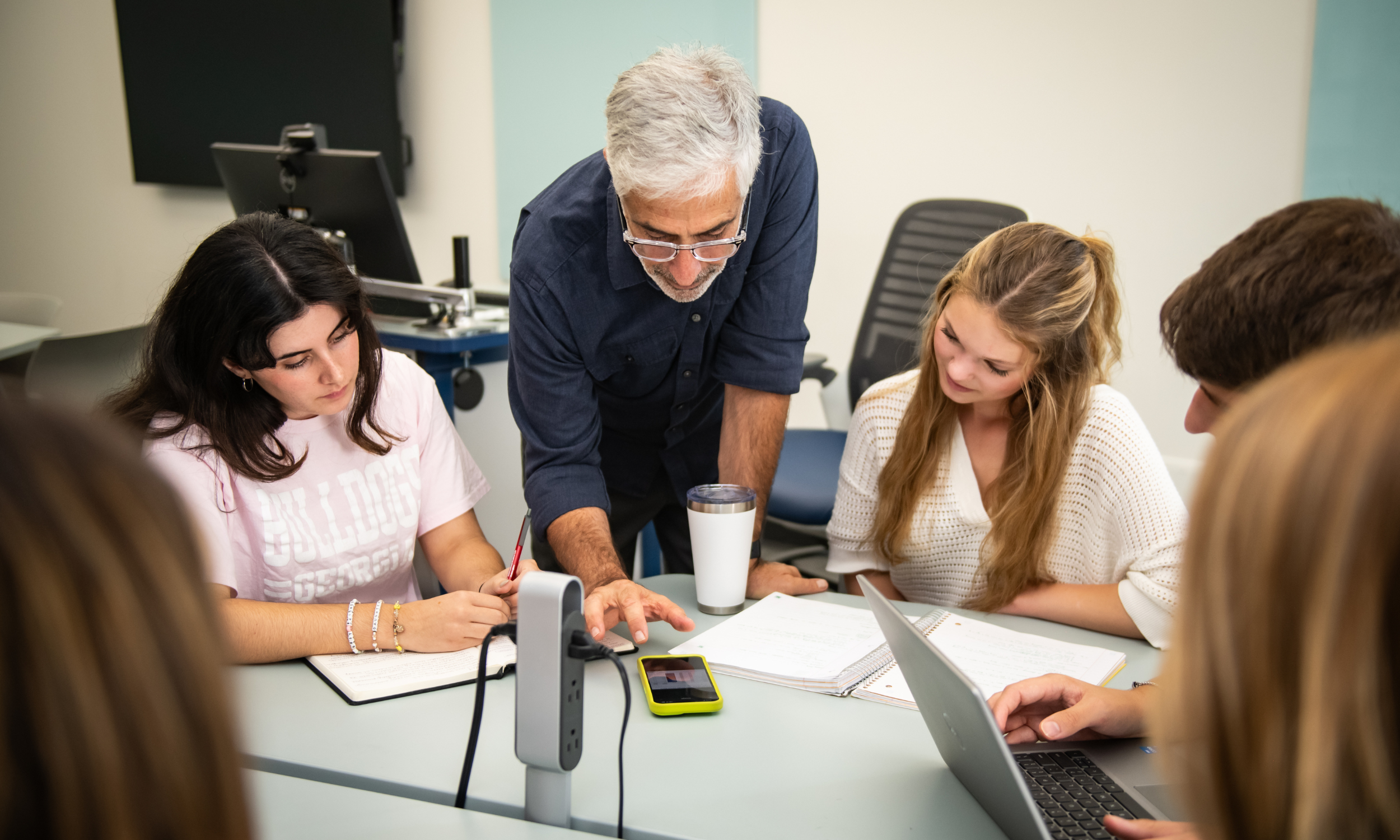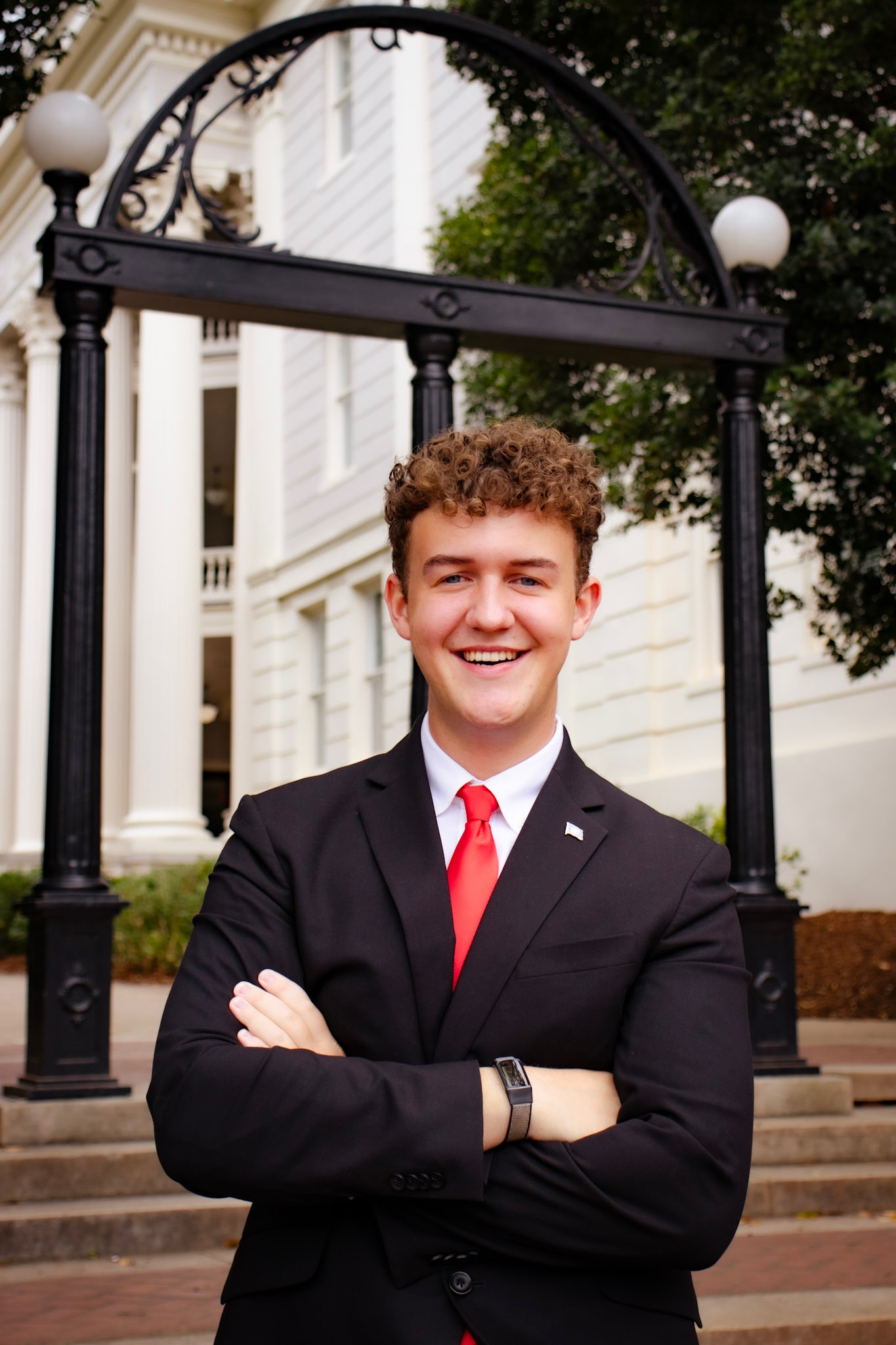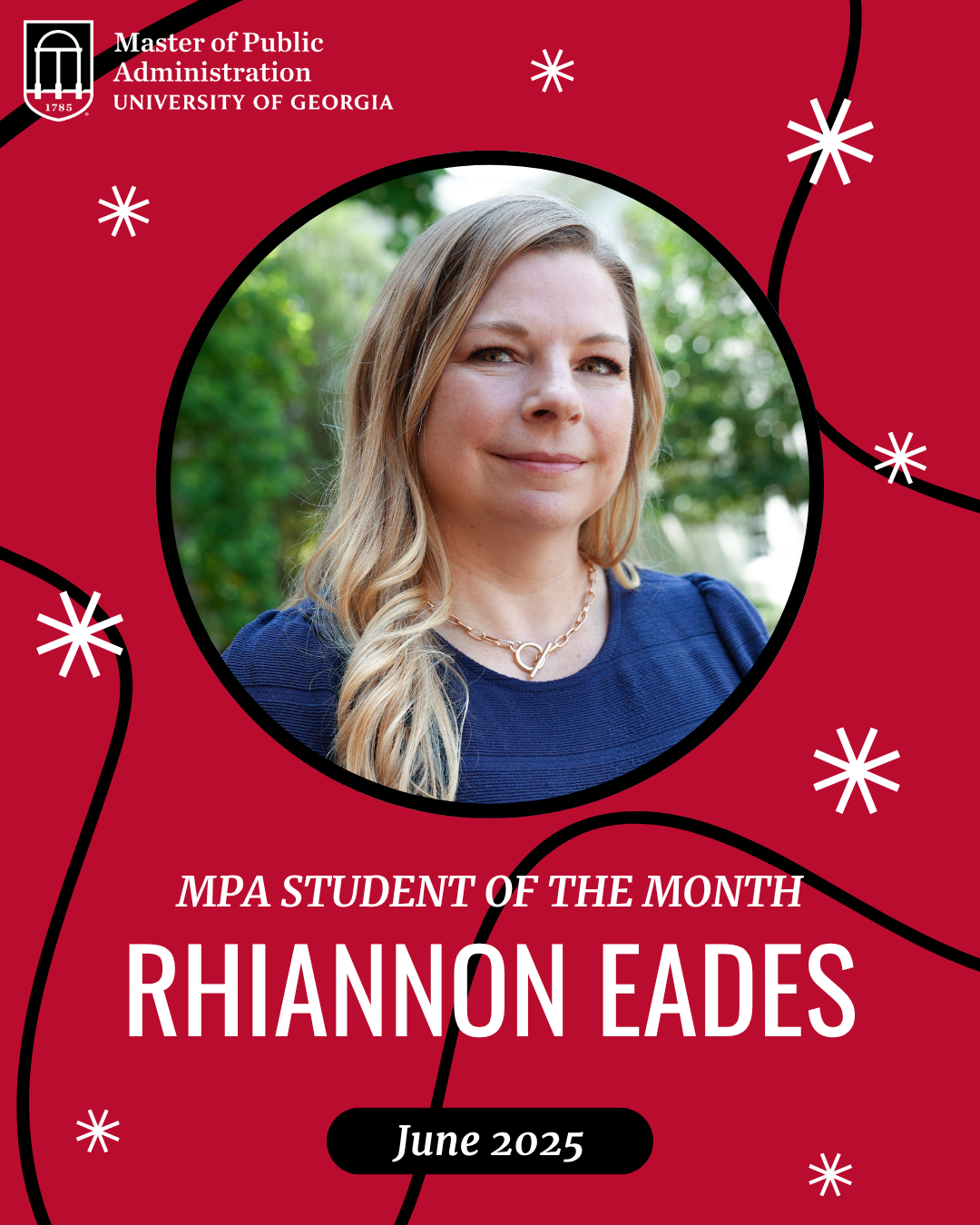The Double Dawgs program was created to give ambitious and motivated students a competitive advantage in today’s knowledge economy. By earning both a bachelor’s degree and a master’s degree in five years or less, students can save time and money while positioning themselves for success after graduation. SPIA offers seven different Double Dawgs programs. For more general information about the Double Dawgs program, click here.
For the SPIA Application for the Double Dawgs Pathway, click here.










